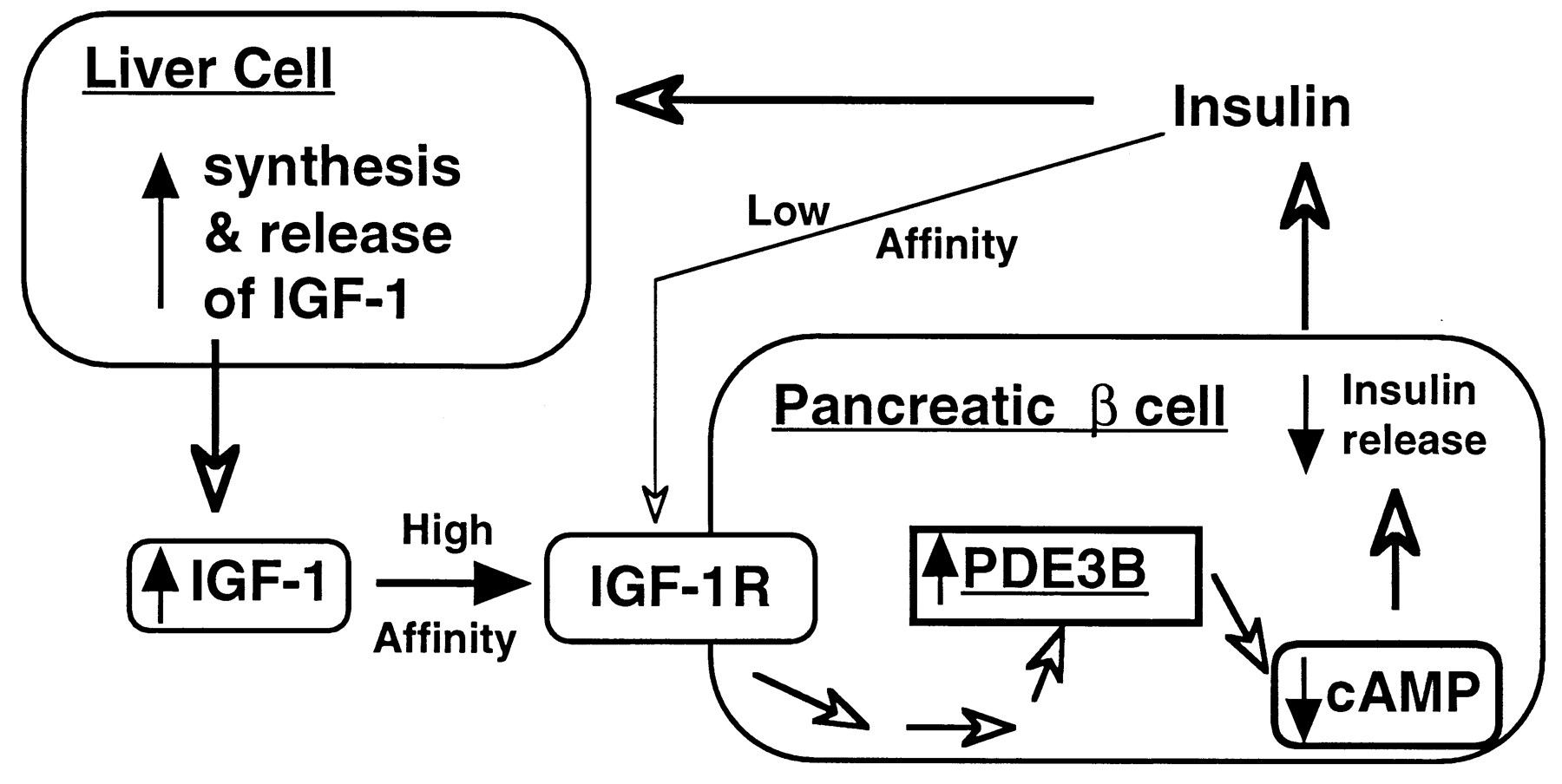
IGF-1 is a hormone used by some advanced bodybuilders and shares many characteristics with that of Growth Hormone. IGF-1 stands for insulin like growth factor 1, a name given to the hormone due to its structural likeness to insulin. There is a debate between users with some who swear the hormone can be used to bring about specific site growth, such as injecting into the lateral deltoid head to widen the shoulders. Others disagree completely with this belief. Also, injecting into a muscle pre workout can cause an uncomfortable pump if the muscle is trained.
What does IGF-1 do?
As briefly mentioned, IGF-1 will bring about similar effects to that of Growth Hormone. The administration of Growth Hormone does indeed induce the creation of IGF-1 in the body, therefore underpinning the cause of the similarities. Due to IGF-1 structural likeness to insulin it should be of little surprise that IGF-1 also usually results in a low blood sugar state, acting in a similar fashion to insulin. Experimenting with any performance enhancing drug can be hazardous, but the use of IGF-1 and/or insulin can result in very serious health implications, even death. We do not recommend you take insulin, and this article is mealy for information purposes.
Below is a list of various positive effects IGF-1 users may experience from a bodybuilding standpoint:
• Heighten protein anabolism
• Increase muscle cell growth
• Shuttling amino acids into muscle cells
• Positive effect on protein balance in the body
IGF-1 side effects
IGF-1 can be a very hazardous hormone. Below is a list of some of the possible side effects from administrating IGF-1:
• Hypoglycaemia (low blood sugar levels), can be fatal
• Nausea
• Severer muscle pumps
• Headaches
• Dizziness
• Accelerated rate of growth for existing tumours
Again, we do not encourage the use of IGF-1, this article is only for information purposes and is not designed in any way to persuade or encourage the use of IGF-1 (or any other controlled performance enhancing compound).